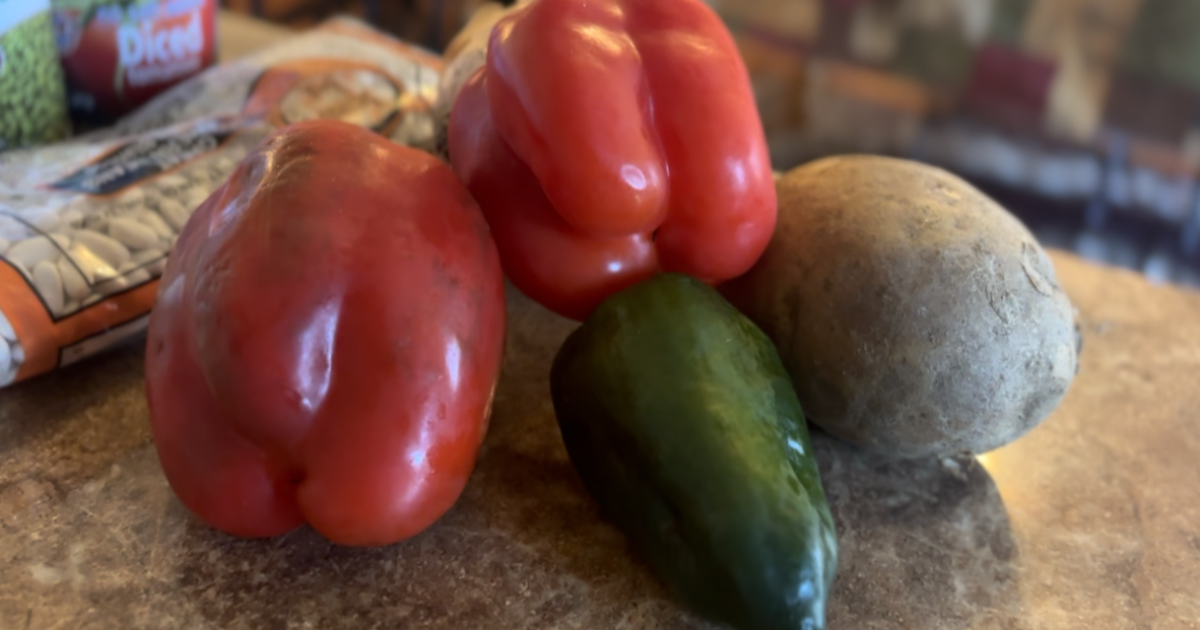WILLIAMBSBURG, Va. — Nov. 14 is World Diabetes Day, a reminder for people to plan that doctors visit they’ve been putting off.
Here in Virginia, 10% of adults are living with the chronic disease according to the American Diabetes Association.
To manage it, medical experts recommend healthy eating and exercise, but that’s easier said than done for most people.
According to local medical experts, part of the problem is the lack of resources in some communities. This is why a non-profit is bringing the right nutrition to the doors of many senior citizens, like Carolyn Tucker of Williamsburg.
Tucker is 68 years young. She says back in the day, she used to walk for a living as a model.
“I used to be on the runway and model clothes and they used to take pictures, it was very exciting,” said Tucker.
Years later, Tucker says she developed arthritis in her legs and needed a walker. Now, her full time job is staying alive by monitoring her diabetes. Every day she says she has to check herself three to four times.
“It’s awful living with it. It definitely has changed my life,” explained Tucker.
Tucker has lived with the disease since 2009 and depends on a healthy diet to stay alive.
Williamsburg Faith In Action is a non-profit that works with chronically ill adults and helps with everyday tasks from transportation to food donations.
The non-profit will often work with local charities and occasionally receive funding from companies like Dominion Energy to help people like Ms. Tucker.
Recently, Dominion Energy gave the non-profit a $5,000 grant towards their mission to help others.
Since receiving healthy food, Tucker says she’s gotten good reports from her doctors.
She believes she’s alive today because of the help she received.
“I wouldn’t be where I am now if it wasn’t for them and I thank god for the organization and the people that donate fresh food,” said Tucker.
Keith Newby is a cardiologist at Fort Norfolk Medical Associates. He says sometimes it can be a person’s decisions that lead to diabetes.
“A lot of it is driven by the obesity rates, that go up in food choices for a lifestyle. So of course fast food places. Eating incorrectly and weight gain all lead to the onset of type two diabetes,” explained Newby.
Newby says sometimes it’s where we live.
“There are certain areas of Hampton Roads that are absolute food deserts, such as predominately African American neighborhoods where there’s isn’t access to healthy food,” said Newby.
Newby explains what the early signs of diabetes might include frequent urination and visual changes when your blood sugar goes up high.
“You begin to form a higher level of glucose in your eyes. That impacts your vision so you get blurry vision,” explained Newby.
Both Newby and Tucker agree there are many people who put off seeing the doctor, but that next appointment could be life saving.
“Some people have diabetes and they don’t know that they have it until it progresses badly,” said Tucker.
